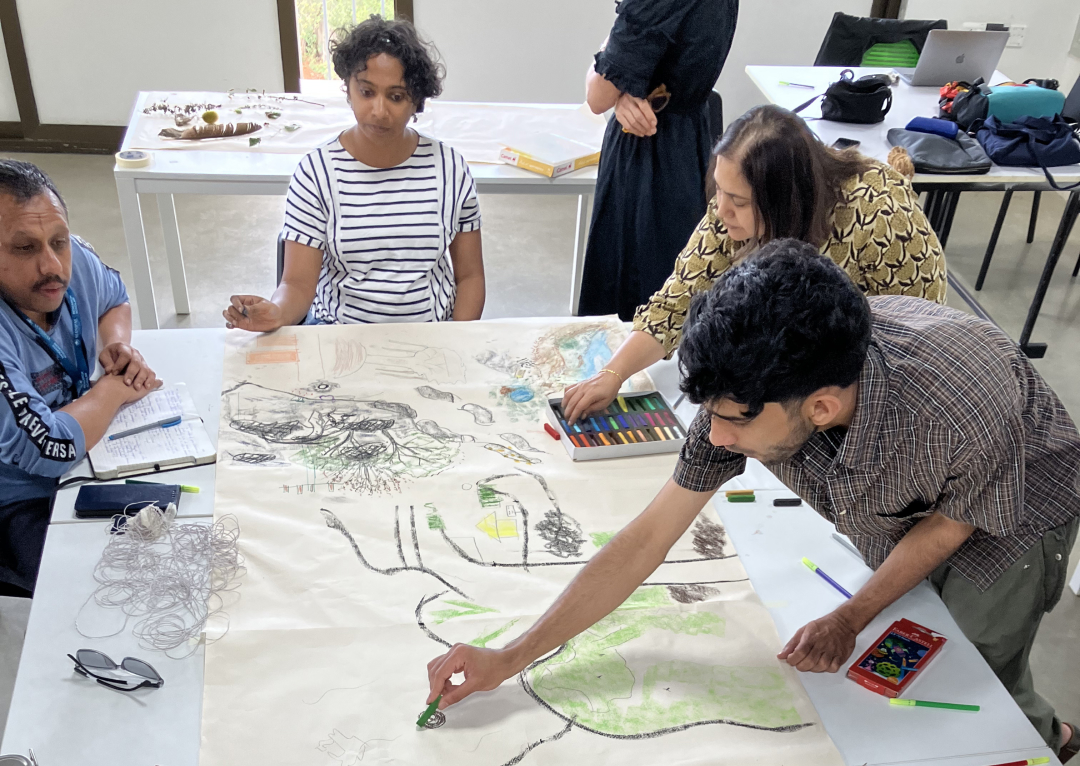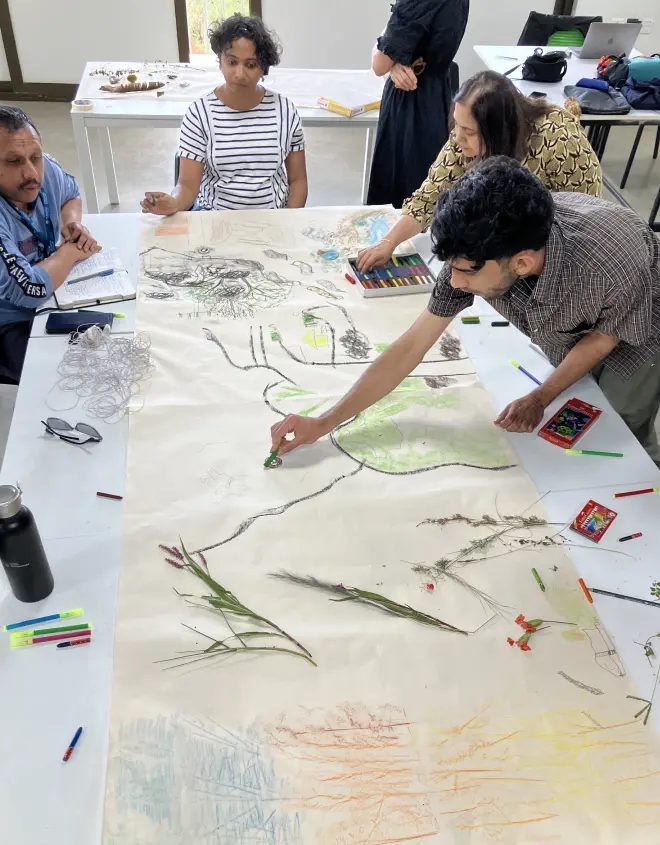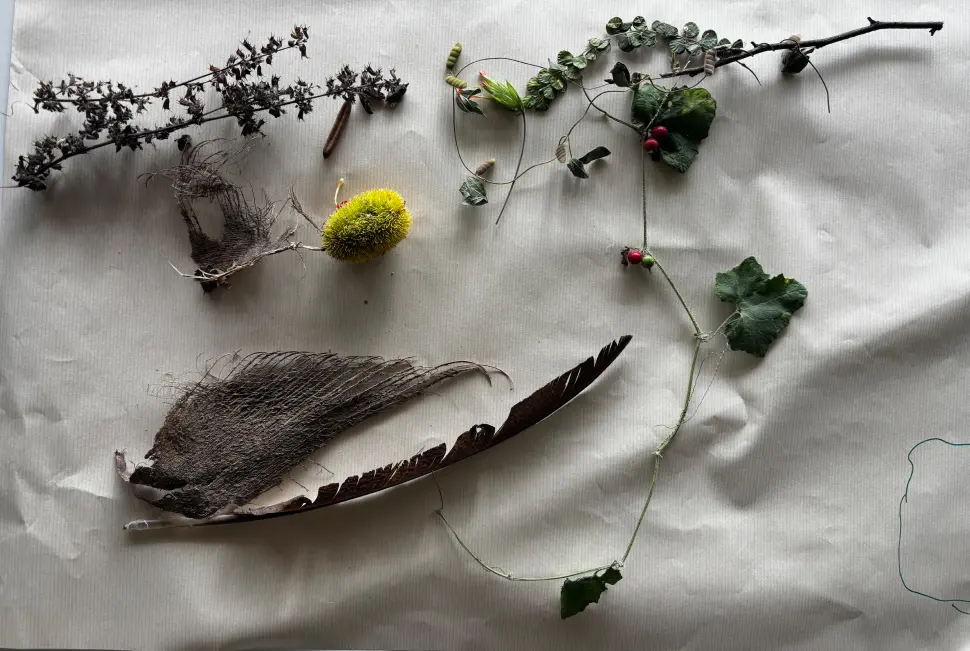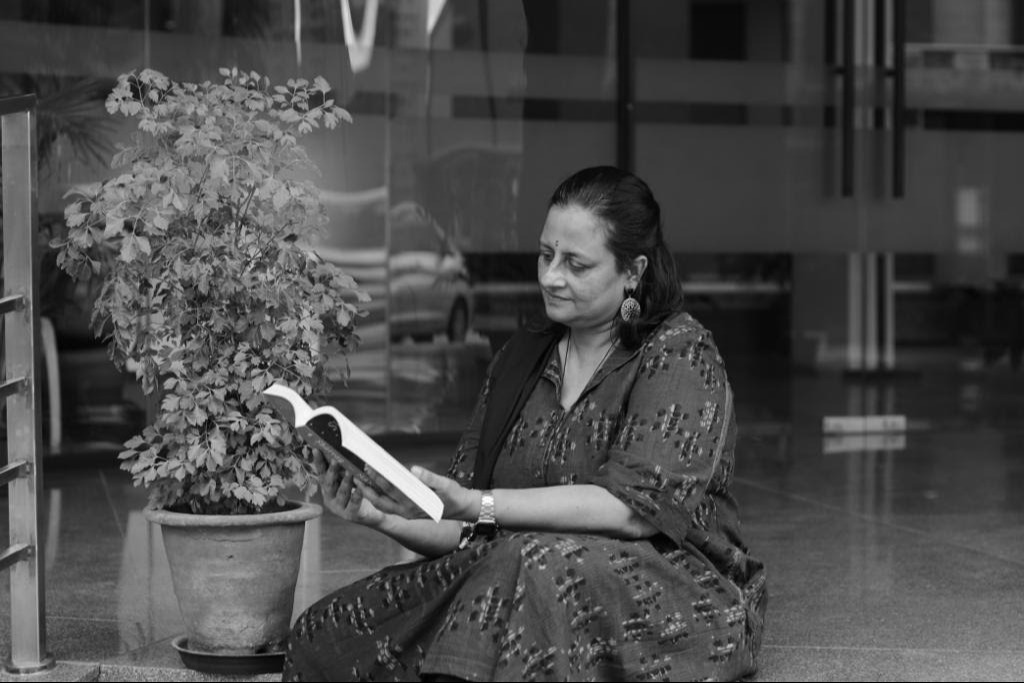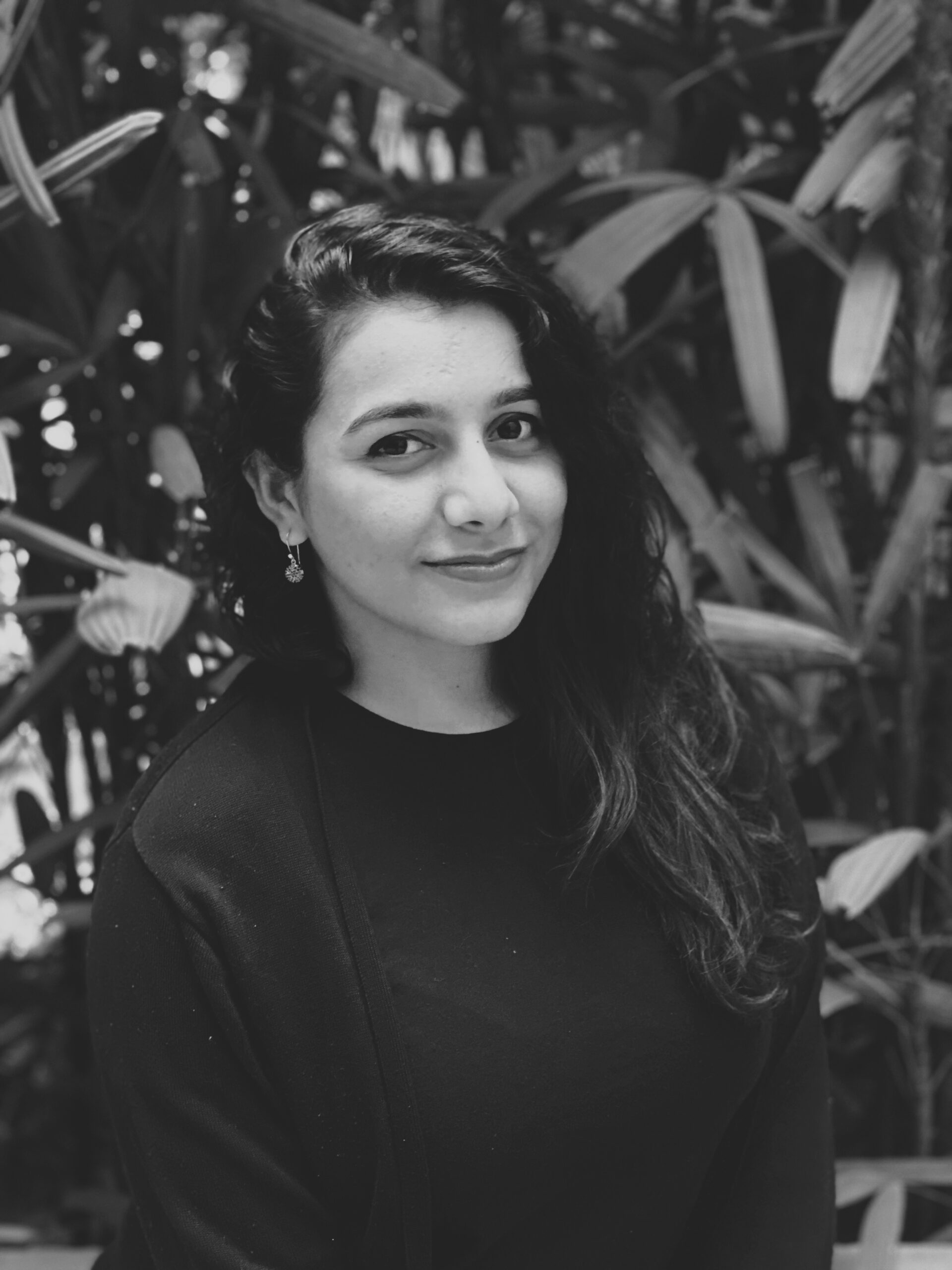Manipal Centre for Design With Environment through Education, Planning & Advocacy (DWEEPA) is a world-class space for practice-based research, environmental education and local action that responds to environmental concerns and conflicts through transdisciplinary approaches and situated practices, in order to build and restore nature-culture synchronicities. The centre is a pioneer in design research for sustainable and resilient futures, in line with the SDGs including 3, 4, 6, 8, 10, 11, 12, 13, 14, 15 and 17. The centre will drive change by engagement on the ground through new eco-pedagogies, policy propositions, consultations, and planning and design.
Today, we are faced with complex issues in human habitats that are entwined with climate change; these stem from alienation from climate and nature in general. What humans know as nature and other beings is a ‘crisis’. We need new imaginations and design thinking to better understand the complexities and multi-layered issues, and respond with greater rigour and sensitivity. We believe design research and creative practices offer transdisciplinary modes to respond with care through immersive engagement. These novel ways generate diverse possibilities for ecocultural futures.
Along with place-based activities, there is a need to internationalise our thoughts and ideas, through scholarship, projects and events. Due to the intense and rapid alienation of humanity from the environment and climate, it is imperative to study environmental socio-climatic conditions, particularly in the Global South.


